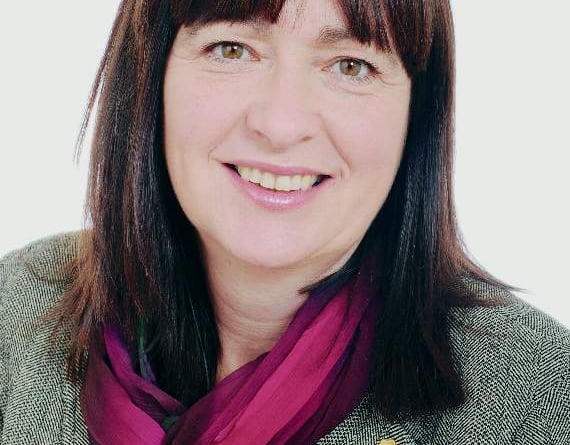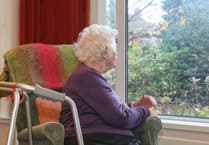It’s rained at least once every day since the end of October here in Pen Llyn. Drying the household wash is challenging: there’s a fully-laden clothes horse teetering on top of the boiler and sheets draped over the bannisters. Heaven help us when the towels come round again.
Outside, and the fields are over-soaked sponges that turn to muddy slush under any sort of vehicle, however tenderly driven. Roadside verges are deeply scarred by misguided attempts by drivers to go off-roading when passing another car in a narrow place.
And it’s been far, far worse for some: the weekend before Christmas saw flooding at houses in Tremadog, Gwynedd and at the river Teifi in Llechryd, Ceredigion. Porthmadog’s Y Traeth was under a foot of water only a couple of weeks earlier. Sheep drowned when they couldn’t escape rising flood water at Llanrwst.
Yet, with these extreme exceptions aside, for most of us the rain is a misery-inducing nuisance that keeps us at home when we’d rather be out, that shortens the days into a brief gloom between nights, and little more. It’s a handy subject of conversation, but – save for the washing that refuses to dry – at worst an inconvenience. We close our doors against the weather.
Imagine what it would be like to arrive homeless in this drenched Atlantic climate. And imagine how terrible life must have been for so many refugees that the risk of the journey was preferable to the certainty of staying put.
Across the country there are extraordinary numbers of volunteers collecting goods for refugees in Calais and further afield, and driving lorry loads out to the camps. Cefnogi Ffoaduriaid Meirionnydd Dwyfor Refugee Solidarity is the name of the group operating locally.
Just before Christmas they loaded up three vans with bedding, children’s and adults’ winter clothing and boots.
When I visited the group at Tad Deiniol’s Orthodox Church in Blaenau Ffestiniog, there were heaps of clothes, sleeping bags and other winter essentials tidily ordered in piles, watched over by the serried ranks of saints on icons hung from the walls. The volunteers sorted donations, relaxed with the occasional paned and kept an eye on the children who’d come to help too.
Gwenlli Haf Evans and Sara Roberts explained how they used the power and reach of social media to tailor the supply of donations to meet the needs of families living at the refugee camp known as the Jungle in Calais.
Visit the group’s Facebook page – Meirionnydd Dwyfor – Refugee Solidarity – Cefnogi Ffoaduriaid – and you’ll find the latest list of goods required and where to take them at local towns. They’re planning the next trip for mid-January.
There are the obvious practical things: waterproof warm coats for adults and zip-up snow suits for children, sleeping bags and blankets (but not duvets – they soak up water and won’t dry).
And in great need just now are sturdy wooden pallets and waterproof tarpaulins. Think about these, and think about the rain: these are the basic building blocks of a shelter against the January weather. A tent offers a summer refuge, but is nothing more than a flimsy layer of fabric in the teeth of winter winds. A wooden pallet provides both a raised floor to keep bedding dry and a two-ply structure fit for insulation; a tarpaulin pinned down is a waterproof roof and outer wall in one.




